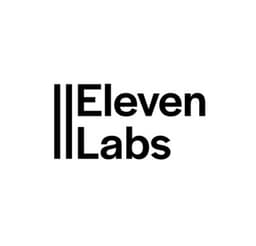About Wikipedia Article AI
Create Wikipedia-compliant articles instantly with Wikipedia Article AI. This GPT-4 powered tool helps businesses and individuals generate fact-checked content while optimizing for SEO and digital credibility.

Overview
- AI-Generated Wikipedia Content: Wikipedia Article AI is an automated tool leveraging ChatGPT-4 to create Wikipedia-compliant articles designed for businesses, public figures, and startups seeking enhanced online credibility.
- Cost-Efficient Solution: Priced at $19 per article, it claims to reduce expenses by 90% compared to human writers while adhering to Wikipedia’s editorial standards through built-in plagiarism checks and citation formatting.
- SEO and Visibility Benefits: Articles generated aim to improve search engine rankings and increase visibility on platforms like ChatGPT by aligning with Wikipedia’s authority as a widely referenced digital resource.
Use Cases
- Startup Branding: Early-stage companies use the tool to establish legitimacy by securing a Wikipedia presence during product launches or funding rounds.
- Reputation Management: Public figures employ AI-generated biographies to control narrative accuracy while bypassing lengthy editorial negotiations.
- Academic Institutions: Researchers create draft entries for niche topics lacking coverage, using the tool’s framework as a baseline for community expansion.
Key Features
- Guideline Compliance Engine: Automatically structures content to meet Wikipedia’s verifiability and neutrality policies using real-time citation validation.
- Multi-Layer Editing Tools: Integrates grammar correction, tone adjustment, and plagiarism detection to minimize manual revisions before submission.
- Rapid Turnaround: Generates full-length articles in minutes compared to traditional human drafting processes that may take weeks.
Final Recommendation
- Caution Advised for Critical Applications: While cost-effective, users should verify outputs against Wikipedia’s conflict-of-interest policies and third-party sources due to flagged reliability concerns.
- Optimal for Draft Generation: Suitable as a starting point for entities comfortable with subsequent human refinement to meet encyclopedic rigor.
- Avoid for High-Stakes Profiles: Not recommended for controversial subjects requiring nuanced contextualization beyond AI’s current capabilities.
Featured Tools


ElevenLabs
The most realistic AI text to speech platform. Create natural-sounding voiceovers in any voice and language.





